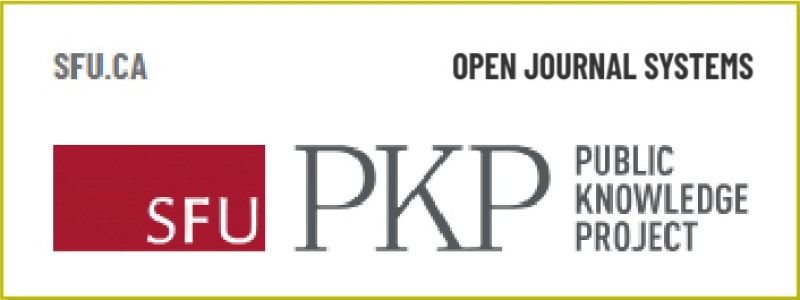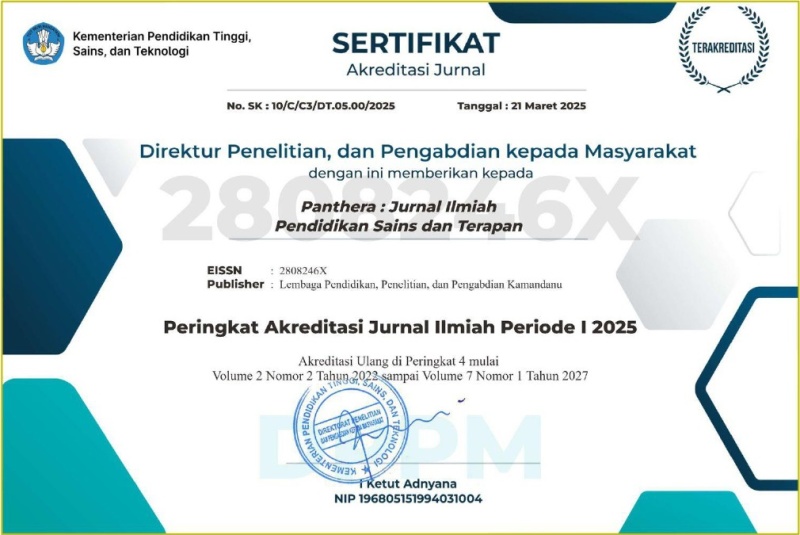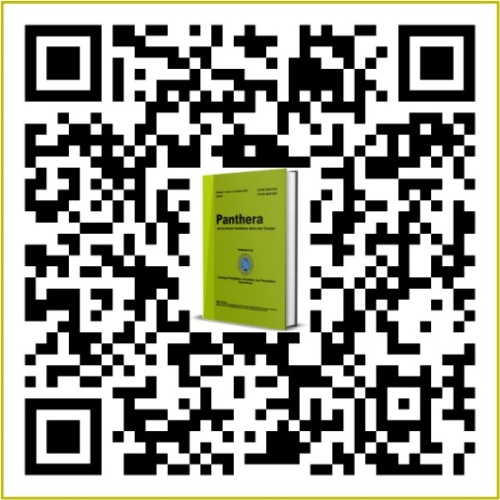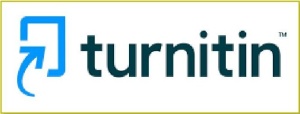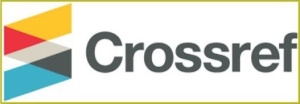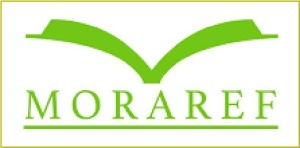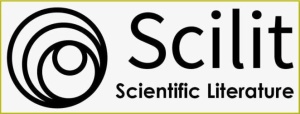Efikasi Diri dan Implikasinya terhadap Hasil Belajar Siswa dalam Konteks Implementasi Kurikulum SMK Nasional Malang
DOI:
https://doi.org/10.36312/panthera.v5i3.599Keywords:
Self-Efficacy, Learning Outcomes, Vocational High School Curriculum, Vocational Education, Vocational High School StudentsAbstract
This study aims to determine the effect of self-efficacy on learning outcomes of vocational high school students in the context of implementing a competency-based curriculum. The approach used is quantitative with an ex post facto method. The study population was grade XI students of SMK Nasional Malang, with a total sample of 92 students taken (saturated sampling). Self-efficacy data were obtained through a questionnaire using a Likert scale, while learning outcome data were obtained from mid-semester report card scores. The results of the linear regression test showed that the data were normally distributed and had a linear relationship. The t-test showed that self-efficacy had a significant effect on student learning outcomes (p < 0.05). These findings confirm that self-efficacy is an important indicator in supporting the achievement of learning outcomes, especially in vocational education that demands students' independence, responsibility, and readiness to face the challenges of practice-based learning. Students with high self-efficacy tend to have better learning motivation, are able to manage learning strategies effectively, and demonstrate a high level of independence in completing assignments. Therefore, learning development in vocational high schools should not only emphasize technical aspects, but also need to strengthen students' self-confidence in achieving learning success.
Downloads
References
Fadilah, R. N., & Rafsanjani, M. A. (2021). Pengaruh Efikasi Diri Siswa terhadap Hasil Belajar Ekonomi dalam Pembelajaran Daring. Jurnal Paradigma Ekonomika, 16(3), 581-588. https://doi.org/10.22437/jpe.v16i3.12978
Ferdyansyah, A., Rohaeti, E. E., & Suherman, M. M. (2020). Gambaran Self Efficacy Siswa terhadap Pembelajaran. Fokus : Kajian Bimbingan & Konseling dalam Pendidikan, 3(1), 16-23. https://doi.org/10.22460/fokus.v3i1.4214
Fitriana, S., Ihsan, H., & Annas, S. (2015). Pengaruh Efikasi Diri, Aktivitas, Kemandirian Belajar dan Kemampuan Berpikir Logis terhadap Hasil Belajar Matematika pada Siswa Kelas VIII SMP. Journal of Educational Science and Technology, 1(2), 86-101. https://doi.org/10.26858/est.v1i2.1517
Hidayah, A. N., Kertono, K., & Suciati, S. (2023). Math Learning Outcomes with Cooperative Learning Model (STAD) Reviewed from Students’ Self Efficacy. AlphaMath : Journal of Mathematics Education, 9(2), 169-182. https://doi.org/10.30595/alphamath.v9i2.18955
Kasmayanti, K., Samsuri, T., & Safnowandi, S. (2023). Pengaruh Model Pembelajaran Team Games Turnament (TGT) dengan Menggunakan Media Flashcard terhadap Kemampuan Kognitif dan Motivasi Belajar Biologi Siswa Kelas VII. Panthera : Jurnal Ilmiah Pendidikan Sains dan Terapan, 3(2), 41-57. https://doi.org/10.36312/panthera.v3i2.159
Monika, M., & Adman, A. (2017). Peran Efikasi Diri dan Motivasi Belajar dalam Meningkatkan Hasil Belajar Siswa Sekolah Menengah Kejuruan. Jurnal Pendidikan Manajemen Perkantoran, 2(2), 109-116. https://doi.org/10.17509/jpm.v2i2.8111
Prahara, S. A., & Budiyani, K. (2019). Pelatihan Efikasi Diri Guru: Efikasi Diri Akademik dan Prestasi Belajar Siswa. Insight : Jurnal Ilmiah Psikologi, 21(1), 39-49. https://doi.org/10.26486/psikologi.v21i1.765
Putri, H. A. K., & Prasetyaningrum, S. (2023). Dampak Efikasi Diri Akademik terhadap Keterlibatan Siswa pada Remaja. Cognicia, 11(2), 99-105. https://doi.org/10.22219/cognicia.v11i2.28486
Sihaloho, L., Rahayu, A., & Wibowo, L. A. (2018). Pengaruh Efikasi Diri (Self Efficacy) terhadap Hasil Belajar Ekonomi Siswa Kelas XI IPS SMA Negeri se-Kota Bandung. JINoP : Jurnal Inovasi Pembelajaran, 4(1), 62-70. https://doi.org/10.22219/jinop.v4i1.5671
Sukatin, I., Kharisma, I. P., & Safitri, G. (2023). Self‑Efficacy and Emotional Stability on Academic Achievement. Educational Leadership: Jurnal Manajemen Pendidikan, 3(1), 28-39. https://doi.org/10.24252/edu.v3i1.39695
Wahdah, A. Z., & Malasari, P. N. (2022). Studi Ex Post Facto: Apakah Kecerdasan Emosional Berkontribusi terhadap Prestasi Belajar Matematika Siswa?. Journal Focus Action of Research Mathematic (Factor M), 4(2), 123-138. https://doi.org/10.30762/factor_m.v4i2.4093
Wulandari, R., Suendarti, M., & Abdullah, A. (2022). Pengaruh Efikasi Diri dan Motivasi Belajar terhadap Prestasi Belajar Ilmu Pengetahuan Alam (Survei pada SMP Swasta di Kota Bekasi). Alfarisi : Jurnal Pendidikan MIPA, 5(2), 187-203.
Zagoto, S. F. L. (2019). Efikasi Diri dalam Proses Pembelajaran. Jurnal Review Pendidikan dan Pengajaran, 2(2), 386-391. https://doi.org/10.31004/jrpp.v2i2.667
Downloads
Published
How to Cite
Issue
Section
License
Copyright (c) 2025 Yayi Febdia Pradani, Rangga Abi Praya, & Prasasti Pambayun Anjarwati

This work is licensed under a Creative Commons Attribution-ShareAlike 4.0 International License.
-
Attribution — You must give appropriate credit, provide a link to the license, and indicate if changes were made. You may do so in any reasonable manner, but not in any way that suggests the licensor endorses you or your use.
-
ShareAlike — If you remix, transform, or build upon the material, you must distribute your contributions under the same license as the original.


